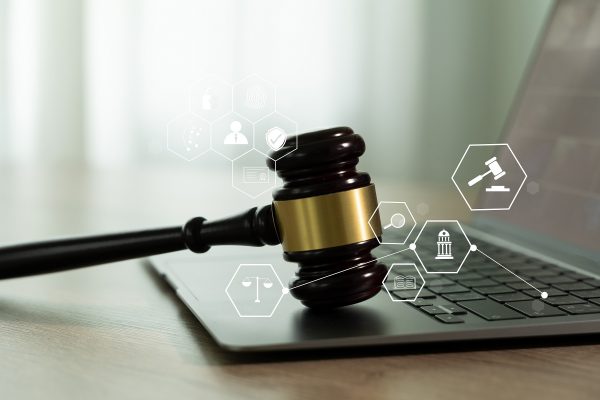...the difference between winning and losing.
Such an issue recently arose in the case of Wye Valley NHS Trust v Murphy [2024] EWHC 1912 (KB), where the Trust concerned was unable to prove the dates and times of various videos taken, and consequently, it was unable to rely upon the same in evidence before the court, given the lack of such fundamental information or metadata.
Metadata means “data about data” and is defined as “the data providing information about one or more aspects of the data in question.” It is used to summarise basic information about data that can make tracking and working with specific data easier, and in the case on point, credible. Some examples include:
- means of creation of the data
- purpose of the data
- time and date of creation
- creator or author of the data
Here at Lawgistics, we often see videos, audio files, pictures, extracts of emails, text messages, and other forms of evidence or data produced with little or no relevant metadata, making understanding the context of such evidence and ultimately proving it before a court difficult at best and impossible at worst, and may then prove to be the difference between winning and losing.

Leading experts in print, promotional clothing, staff uniforms, branded merchandise and PPE. Involution is your brand partner for promotional marketing and workwear, a one-stop-shop for your branded marketing needs for any business size and industry.








